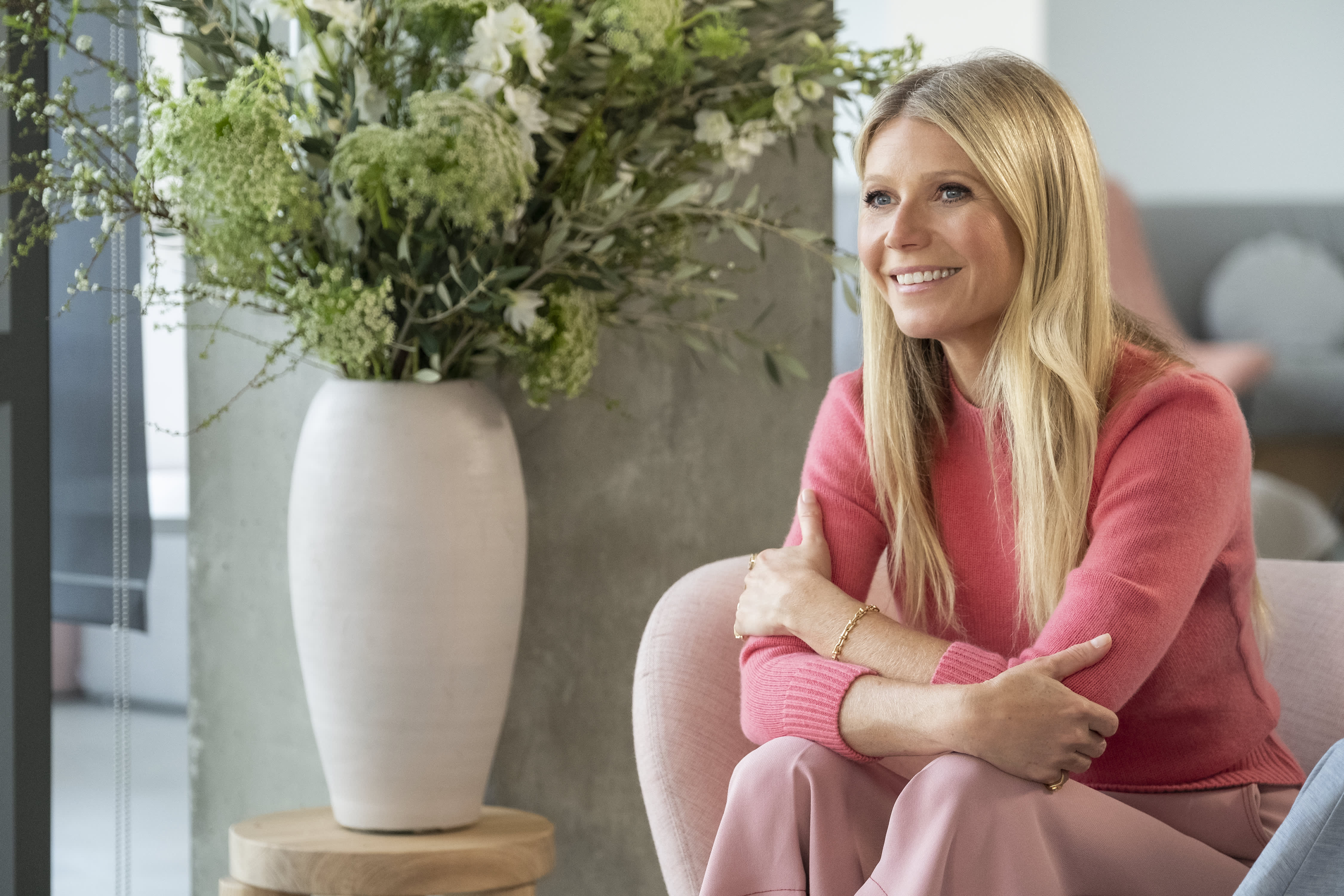NPR’s Noel King talks to Dr. Ali Mokdad of the University of Washington’s Institute for Wellbeing Metrics about what the distribute of COVID-19 variants in different sections of the globe means for the U.S.
NOEL KING, HOST:
Why are COVID-19 scenarios surging in elements of Southeast Asia? In some circumstances, community well being officers place to new, additional transmissible variants. In Vietnam, officers discovered a new coronavirus variant more than the weekend that appears to be a hybrid of two other strains. With me now is Dr. Ali Mokdad. He is with the University of Washington’s Institute for Well being Metrics and Analysis. Fantastic early morning, Doctor, and thank you for staying listed here.
ALI MOKDAD: Superior early morning.
KING: In which are we looking at new variants emerge? Is it the full world at this stage?
MOKDAD: Nearly all over the place, in particular right now in Asia. We’re observing it in Vietnam, Thailand and a large amount of countries in that spot.
KING: And is the variant that emerges in Vietnam, for instance, the exact variant that emerges in Thailand? Or are they distinct kinds?
MOKDAD: They are mostly coming from what we have initially found out in India, and they are a variation of it.
KING: I see. So a variant emerges in India, then it spreads to Thailand, then it spreads to Vietnam – or it’s possible concurrently – and then it becomes a different sort of variant.
MOKDAD: Precisely.
KING: Wow.
MOKDAD: This virus is mutating at a more rapidly rate than we have ever envisioned. And we are observing new mutations every single now and then, and numerous of them are really harmful.
KING: Ok. And in what way are they hazardous – much more so than the authentic strain that we all experienced a 12 months in the past?
MOKDAD: They’re more possible to be transmitted. This is the a single we have seen, and it was the U.K. variant. And they are more most likely to make the vaccines fewer successful. And past bacterial infections are not as protective as properly. So that’s the issue – you have just one that unfold much quicker, and it truly is far more deadly.
KING: Ok. Some of these variants are appearing in countries that were praised for their early dealing with of the pandemic, in particular in Asia. What went erroneous?
MOKDAD: This is a wrong sense of stability. However, with COVID-19, what we have realized – that no state is immune. And the truth that you have lots of of your public susceptible for the reason that you did a good work managing COVID-19 in the past and you have an introduction of a new escape variant, you will see straight away a surge of scenarios.
KING: Alright. What need to these international locations be carrying out?
MOKDAD: Many matters. The initially of it – sustaining mask use, implementation of social distancing actions when transmission commences to enhance quickly and, of study course, preventing the distribute of existing escape variants and new variants by thorough control of journey.
KING: Do you be expecting to see more variants as time goes on?
MOKDAD: Of course, definitely. This virus is however mutating and has a great deal of probable to mutate.
KING: And how do scientists establish the variances? Is it that anyone goes into the healthcare facility, they say, I am feeling sick, the experts take a look at for COVID – and then what transpires? How do you know this is a new variant as opposed to one particular that we have been dealing with for months now?
MOKDAD: Which is the most important difficulty. A lot of countries are not accomplishing enough surveillance in conditions of genomic sequencing of the virus. And some international locations, like in the United States, out of just about every beneficial scenario, we do a random sample to check just about every of these samples to see what kind of variant is circulating in each and every point out.
KING: Are these nations around the world not undertaking that tests due to the fact they do not have the assets?
MOKDAD: Sure, it’s extremely expensive, and it demands a ton of effort and hard work, so lots of countries can not do it or can do it in a minimal potential. And some nations around the world who have the ability are not performing what it will take in get to remain on best of it.
KING: What is the responsibility, then, of richer international locations? And this is a thing we talked about a great deal when India was definitely suffering, and India does go on to undergo. What is the responsibility of richer countries to assist out? Is there a little something that, for example, the U.S. could be accomplishing?
MOKDAD: Of system, prosperous nations around the world must share the vaccines if they have extra vaccines, of course. And the main issue we need to remember, all of us, none of us is safe and sound right until most people is harmless. If the virus is still mutating in other countries, it will be released to our place. So, certainly, rich nations around the world should step up and support inadequate international locations in phrases of vaccinating and providing the methods to do the genomic surveillance to come across out what variants are circulating almost everywhere.
KING: Nicely, you described that some of these variants might make vaccines considerably less successful. Do we know at this level which vaccines? And how do they make them less successful?
MOKDAD: Yes, the Moderna vaccines are by far the ideal suitable now, and we are fortunate in the United States to have them. But you choose a vaccine like AstraZeneca right now, and we have plenty of facts that it can be about 10{e32b4d46864ef13e127a510bfc14dae50e31bafd31770eb32fd579b90b39f021} productive from some of these new escape variants, this sort of as the a person in India and the one particular that has very first been identified in Brazil and then South Africa.
KING: Is there a situation in which this virus continues to mutate and below in the U.S. we start off seeing surges like what we are observing in Southeast Asia and together with among the men and women who are previously vaccinated?
MOKDAD: It really is possible. It relies upon on the level of vaccination we have in the United States, and that’s why it is really extremely significant for all of us to go and get our vaccine, to management the distribute of this virus that’s in our state and reduce even more mutations. And, of training course, coming wintertime, when we transfer indoors and we will have a rise in infection just since the seasonality of the virus, we could be at a threat.
KING: Effectively, let me talk to you about that. I necessarily mean, we are hitting the summertime. We are – I know several of us, millions of us, are excited about heading back outdoors all over again, returning to normal. Do you feel we are leaping the gun? Are we transferring as well swiftly to typical?
MOKDAD: We are going far too swiftly a very little bit, indeed, by much. But we will need to be pretty careful. This summertime is going to be very near to usual, and all of us are entitled to a superior summer time, but we will need to be ready to place on our masks and go back again to our social distancing steps as quickly as the cases commence going up, which is early winter.
KING: Ok. As these variants mutate and spread, do you feel we are looking at a problem the place each and every of us is heading to have to get a booster shot just about every September or Oct, not just for the flu but for COVID now?
MOKDAD: Of course. I necessarily mean, we will need to program for it. That is what you do in preparedness you plan for the worst-situation situations and hope it will by no means materialize. And of course, we will need to be all set to get a booster. And quite a few of the vaccine organizations are producing presently a booster to consider care of the new variants.
KING: Dr. Ali Mokdad of the University of Washington’s Institute for Wellbeing Metrics and Evaluation. Thank you so significantly for getting with us this early morning. We value your time.
MOKDAD: Thank you.
Copyright © 2021 NPR. All legal rights reserved. Take a look at our web site phrases of use and permissions internet pages at www.npr.org for even further info.
NPR transcripts are established on a rush deadline by Verb8tm, Inc., an NPR contractor, and developed applying a proprietary transcription approach made with NPR. This textual content may perhaps not be in its last variety and may be current or revised in the foreseeable future. Accuracy and availability might differ. The authoritative document of NPR’s programming is the audio history.







More Stories
10 Reader-Favorite Food & Kitchen Hacks
Middletown health official predicts COVID cases will soon rise
There’s a Physician Shortage In the U.S. Here’s Why